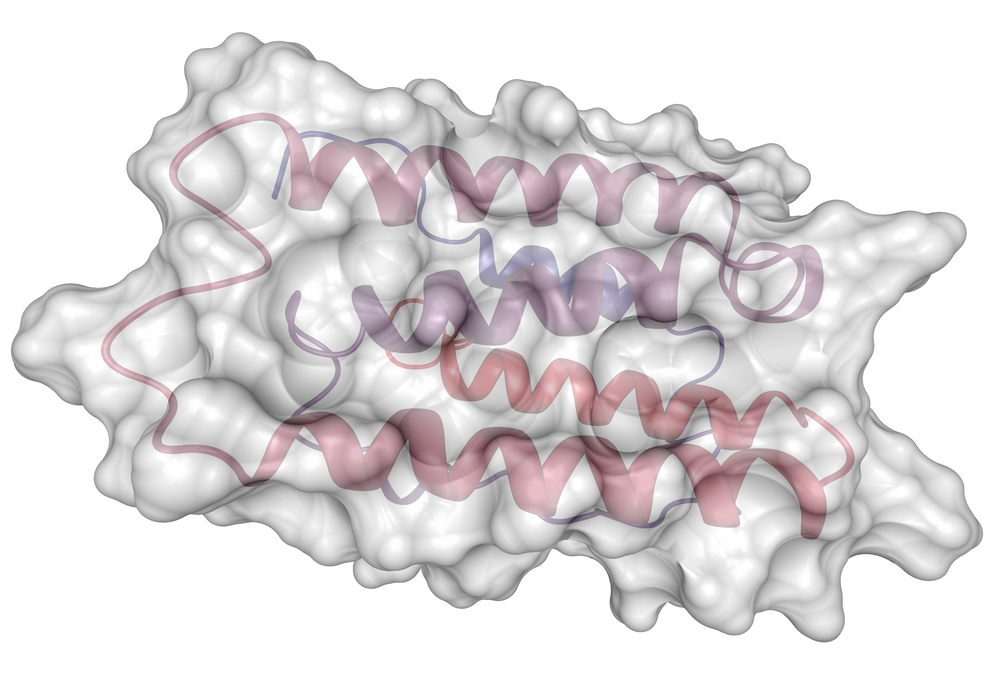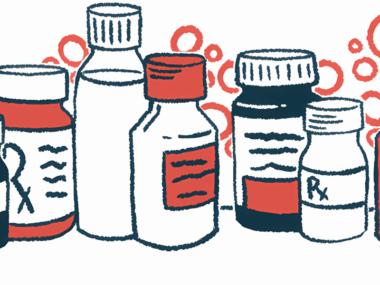RRMS Study Using MRI Reveals Benefits of Experimental Therapy in Achieving No Evidence of Disease Activity
Written by |

 Results from a Phase 3 clinical trial entitled “AVANCE” revealed promising clinical outcomes in patients with relapsing-remitting multiple sclerosis treated for one year with peg interferon beta-1a.
Results from a Phase 3 clinical trial entitled “AVANCE” revealed promising clinical outcomes in patients with relapsing-remitting multiple sclerosis treated for one year with peg interferon beta-1a.
The analysis was published in the journal BMC Neurology, in a study entitled “Effect of peg interferon beta-1a on MRI measures and achieving no evidence of disease activity: results from a randomized controlled trial in relapsing-remitting multiple sclerosis.”
Subcutaneous (SC) peginterferon beta-1a, a pegylated form of interferon (IFN) beta-1a that has recently been found to be an effective treatment for patients with RRMS, with evidence showing that interferons can produce about an 18–38% reduction in the rate of MS relapses.
Magnetic resonance imaging (MRI) is an important tool for monitoring MS disease activity and progression and has been found to work as a measure of treatment effects in patients with RRMS.
Previous studies have shown that no evidence of disease activity (NEDA; absence of clinical [defined as no relapses and no onset of 12-week confirmed disability progression] and MRI [no gadolinium-enhancing lesions and no new or newly enlarging T2 hyperintense lesions] disease activity) is now achievable in many patients with RRMS.
[adrotate group=”4″]
In the ADVANCE study, a Phase 3 randomized double-blind placebo controlled trial involving 183 sites in 26 countries, researchers explored the feasibility of peginterferon beta-1a as new treatment for patients with relapsing multiple sclerosis (RRMS).
In the study, 1512 patients were randomized to double-blind placebo or peg interferon beta-1a 125 µg every 2 or 4 weeks. Sensitivity analyses were conducted using minimal MRI allowance definitions. RRMS patients were randomized to double-blind placebo or peginterferon beta-1a 125 µg every 2 or 4 weeks. Sensitivity analyses were conducted using minimal MRI allowance definitions.
Results from the first year showed that peginterferon beta-1a (125 µg SC) administered every 2 or 4 weeks significantly improved clinical endpoints, and risk of relapse and 12-week confirmed disability progression. Several MRI-related endpoints versus placebo were examined, with a safety profile reflecting established IFN beta-1a therapies.
Additionally, every 2-week dosing showed greater reductions relative to placebo versus every 4 week dosing across relapse and all MRI endpoints.
Based on the MRI analyses, NEDA and efficacy for single clinical endpoints, the researchers concluded that SC peginterferon beta-1a every 2 weeks is an effective treatment option for patients with RRMS.


